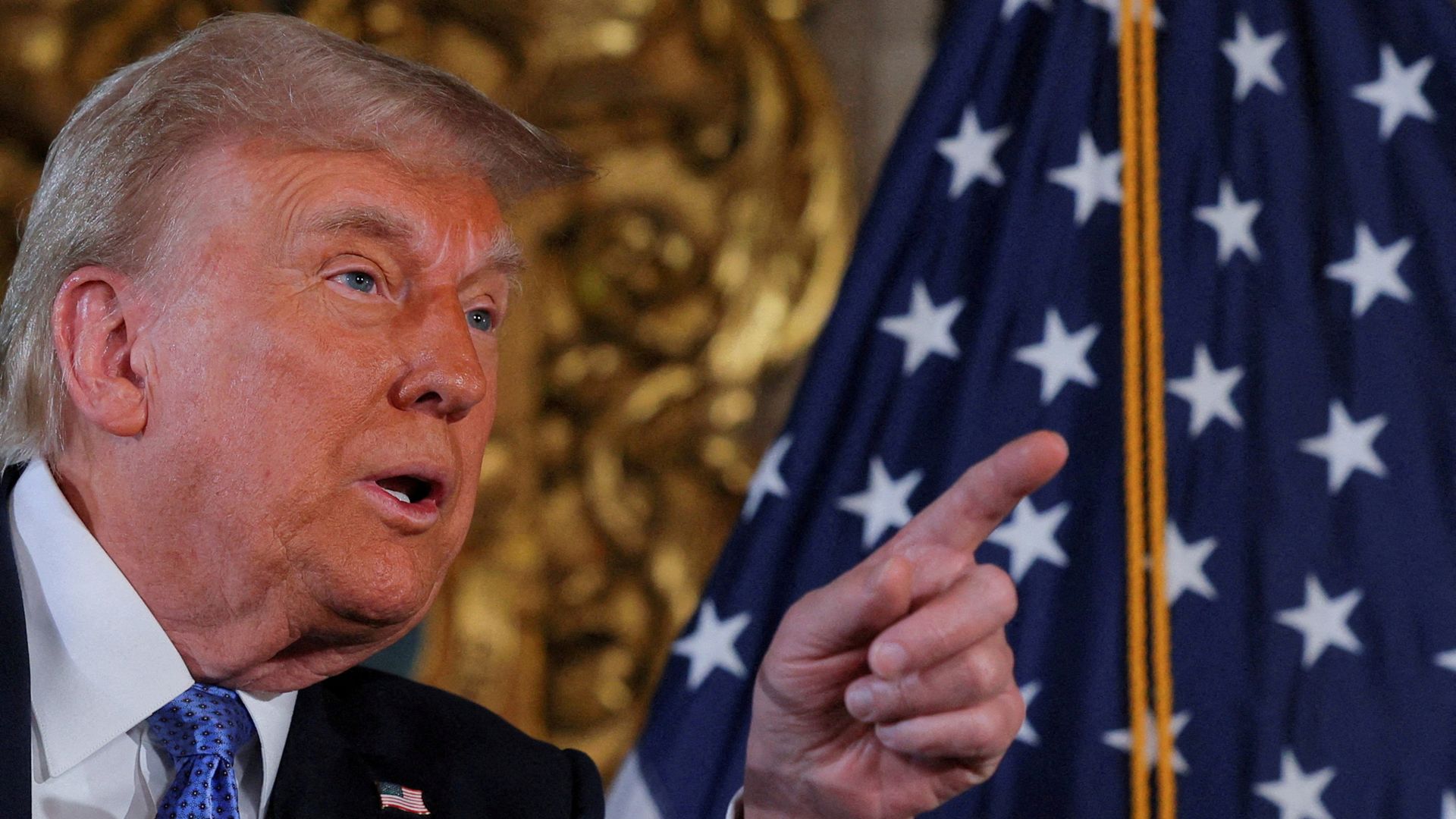
LEWISTON, Maine — The leader of Maine State Police on Friday detailed various challenges Friday with the response to the Lewiston mass shooting that was the state’s deadliest rampage on record.
Col. William Ross appeared at Lewiston City Hall to testify again to the commission Gov. Janet Mills formed in the wake of Robert Card II, an Army reservist from Bowdoin, killing 18 and injuring 13 at a Lewiston bowling alley and bar on Oct. 25 in the country’s deadliest mass shooting in 2023.
Several of the state police leaders who first testified in February were expected to testify to the commission later Friday, with the early portion featuring testimony from Ross that offered little in the way of new details other than him expanding on certain issues.
The panel expects to produce a final report by this summer. Additionally, the Army Reserve’s internal reviews and the Army inspector general’s independent investigation into the Lewiston shooting are expected to come out in the coming weeks.
During the initial testimony in February, Ross and Maine State Police leaders detailed various challenges surrounding the 48-hour manhunt for Card that involved more than 350 local, state and federal officers and ended when police found Card, 40, dead of a self-inflicted gunshot wound in a trailer by the Lisbon recycling center where he previously worked.
Ross mostly talked commissioners through the response and manhunt timeline — from the first social media post Maine State Police sent around 8 p.m. on Oct. 25 about an active shooter situation to police discovering Card’s body the evening of Oct. 27 — and answered questions regarding communication and tips.
The state police leader reiterated an unidentified person leaked via Facebook a bulletin distributed only to law enforcement in the hours after the shooting regarding Card and considering him “armed and dangerous.”
Police never identified the leak source amid higher priorities. Another leak also came regarding Card leaving a note in his Bowdoin residence, with Ross saying “a better solution” is needed to clamp down on leaks.
Ross added nearly 800 tips came in during the search for Card along with a “high volume” of calls to local agencies on potential sightings. One caller reported a Card lookalike in Rumford, while other tipsters claimed he went to Massachusetts or Canada. Police and dive teams moved in after Card’s Subaru was found at a Lisbon boat launch a few hours after the shooting.
“The minute you start speculating and working with speculation that he’s dead somewhere or he’s definitely in the water … then you start to make mistakes,” Ross said.
Ross emphasized there “was no confusion at the command post” in terms of who was in charge between state and federal investigators. But there has been criticism of the manhunt, including from a sheriff’s deputy who called command staff “utter clowns” in a since-deleted Facebook post that claimed they gave local partners “radio silence” during the search.
Card’s family members, who testified publicly last week for the first time, and peers had warned police for months about his declining mental health, threats to “shoot up” places and access to guns. State police previously said he used a Ruger SFAR rifle that he legally purchased in July, not long before he went on a Army Reserve training trip in New York and was then hospitalized for about two weeks after acting erratically and accusing others of talking about him.
Sheriff’s deputies attempted to reach Card via welfare checks at his home in September after he punched his friend, who warned Army Reserve superiors that Card may commit a mass shooting, but Card did not answer the door and was not located before Oct. 25.
The commission released a preliminary report in March that faulted the Sagadahoc County Sheriff’s Office for not initiating Maine’s “yellow flag” law with Card about a month before the shooting and criticized Card’s Army Reserve commander for not informing Sheriff Joel Merry of recommendations from New York mental health providers on removing Card’s weapons from his Bowdoin residence and ensuring he attended follow-up medical appointments.









